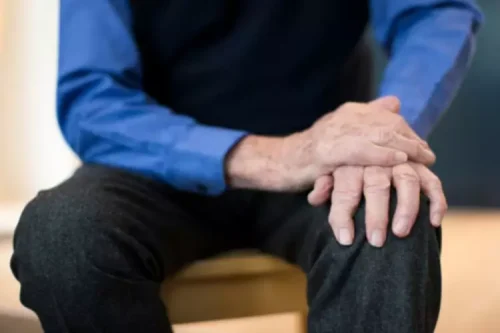Coping Skills for Stress and Uncomfortable Emotions

This theory developed from the starting point that people feel stressed when they do not think they have the necessary resources to combat stress. However, in COR, additional emphasis is placed on the objective resources that are also available. Physical activity is key to managing stress and improving mental health. And the best news is, there are many different kinds of activities that can reduce your stress.
Parental stress is an urgent public health issue, U.S. surgeon general says in new advisory
And in these situations, stress can also join teams with anxiety, leaving you figuring out how to rein in both emotions. It’s also OK — and healthy — to realize healthy ways of coping with stress you can’t be 100% successful at everything all at once. Be mindful of the things you can control and work on accepting the things that you can’t control.

Get the latest in health news delivered to your inbox!
Breathe in and out slowly and deeply, concentrating on your lungs as they expand fully in your chest. Getting your blood moving releases endorphins and can improve your mood almost instantaneously. Read our review of the best online meditation options to find the right fit for you. It has less than half the caffeine of coffee and contains healthy antioxidants, as well as theanine, an amino acid that has a calming effect on the nervous system.
Get the Mayo Clinic app

Hatha yoga, especially, is a good stress reliever because of its slower pace and easier movements. Saying yes may seem like an easy way to keep the peace, prevent conflicts and get the job done right. But instead, it may cause you inner conflict because your needs and those of your family come second.
Guides, tools and activities
Chronic stress can lead to frequent chest breathing and, in the extreme, hyperventilation during panic attacks. Exercise can be challenging to commit to independently, but it holds us accountable when we have a partner and often makes the effort more enjoyable. Try to connect with a friend, coworker, or family member interested in the same activities you are. You might even arrange to meet up with friends for a hike in a park rather than happy hour at the bar — you’ll likely feel much better about it afterward. Foam rolling adds pressure to those trigger points, signaling your body to increase blood flow to that area and for your muscle to relax.

For example, in a hazardous situation, stress puts your body in “fight or flight” mode. In this heightened state of alert, your body and brain are doing everything possible to increase your chances of surviving that perceived or real threat. Your mental and physical reactions to a stressor serve a purpose. It can provide a mental distraction, lessen muscle tension and lower stress hormones. Turn up the volume and let your mind be absorbed by the music. When you have too much to do — and too much to think about — your sleep can suffer.
- But constant, elevated stress levels can take a toll and make it challenging to function.
- The Shapiro–Wilk test47 was used to test the normality of each variable.
- But if stress is a daily occurrence, isn’t letting up, and is causing symptoms of anxiety or depression, it may be time to consider talking with a mental health professional.
- Finding ways to cope with stress can help you tackle it head-on.
- However, you may react to some of these challenges more intensely, leading you to experience extreme and long-term symptoms.
- Other supplements, including Rhodiola, ashwagandha, B vitamins, and L-theanine, may also help reduce stress, though more research is needed to understand their potential benefits better.
